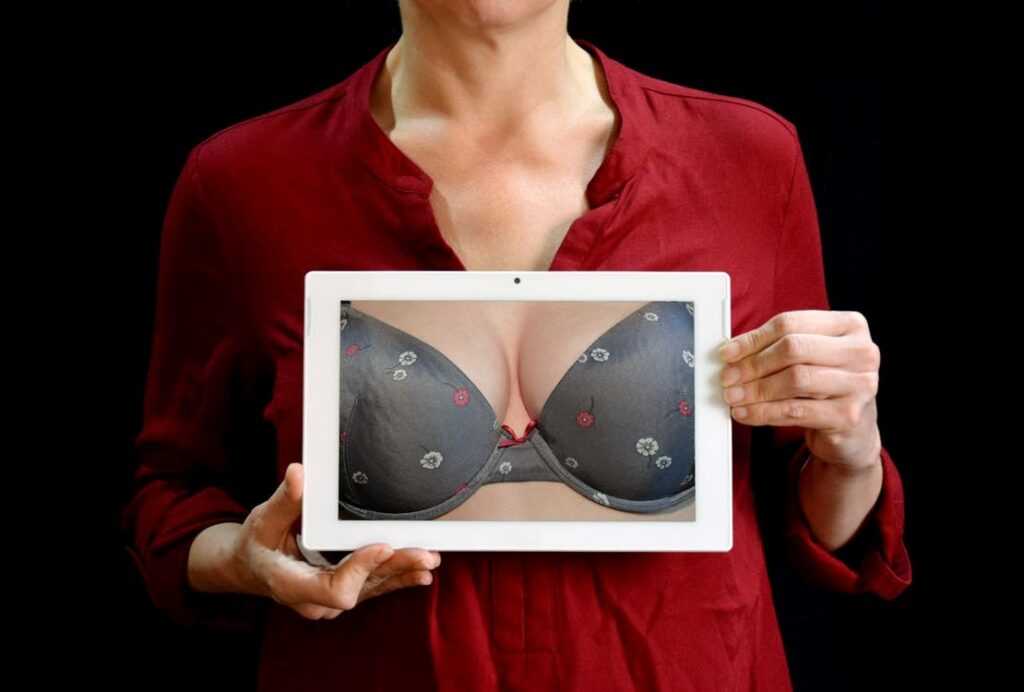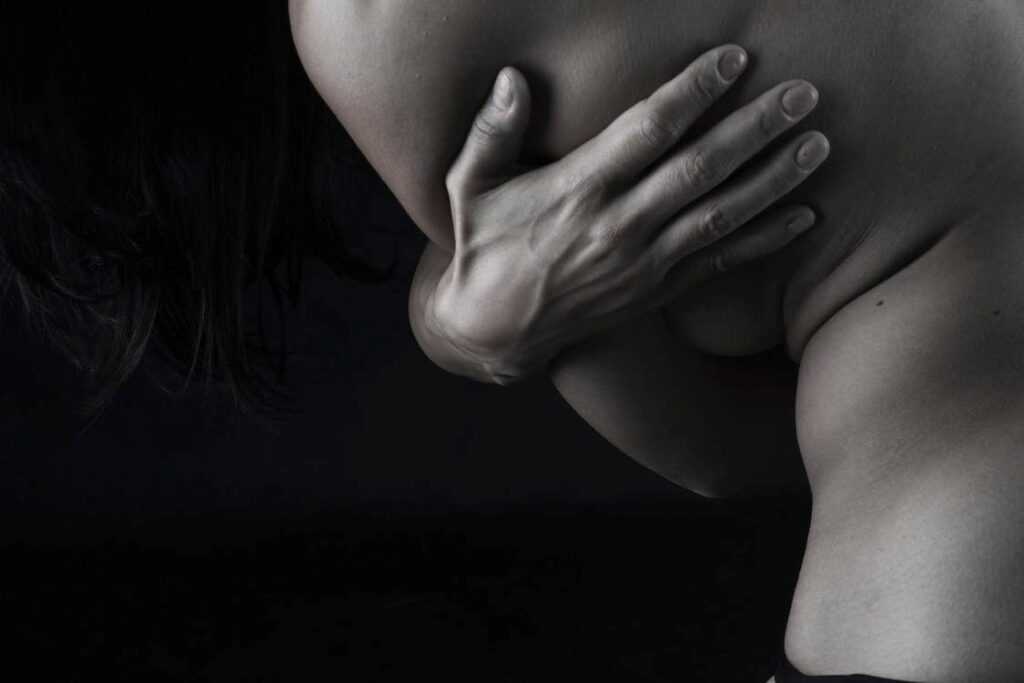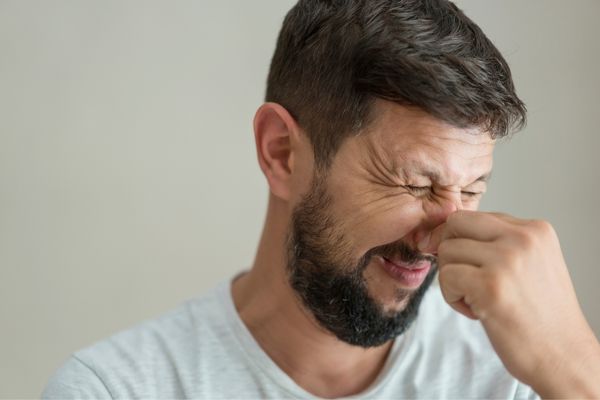One of the hottest markets out there, is of breast size enhancement or augmentation. It’s the demand which creates the supply. The demand for the Insta-perfect body, which are mostly the result of cosmetic surgeries, eating disorders, lights and perfect photoshop; is growing virtually by the day. Many young girls and even adult females, want to try everything to either look like that perfect model or actress, or just to look younger.

The U.S. Food and Drug Administration (FDA) and the Better Business Bureau confirm that no breast enhancement product has ever been proven to actually work. Products claiming to enlarge breasts is a popular scam, which has been around for some time now. Pills, herbs, creams, soap, dowsing, massage, pumps, hypnosis – can any of them change the shape and size of a woman’s breasts effectively, safely and permanently?
A study,suggested that, “Bust enhancing” dietary supplements are widely marketed to young women. These products contain variable combinations of herbs, the most popular being hops, saw palmetto, damiana, dong quai, chaste-tree berry, blessed thistle, dandelion, wild yam, kava, fennel, black cohosh, and fenugreek. Some products also contain cereal grains, including barley and oats.
The study found that, “No clinical trials on the efficacy of bust-enhancing dietary supplements have been published or presented to the scientific community. The popularity of these products stems from promotion on television, on the Internet, and in magazines aimed at young women. Testimonials are heavily used. An episode of the television show on bust-enhancing products revealed that filmed testimonials were from paid actors, and suggested that differences shown in “before and after” pictures could be accounted for by lower-cut clothing and push up bras. No animal studies have examined the effect of bust- enhancing products or their constituents on mammary glands.”
It is unlikely that any of these products, if they contain what their labels say that they contain, would cause breast enlargement. Products marketed for “bust enhancement” contain herbs that may have pharmacological effects. There are no long-term safety data on any of these herbs, singly or in combination.
On the other hand, there is simply no device or system of exercise that will increase the size of the breasts. At best, the exercises may strengthen and develop the muscles that support the breasts, and exercising these muscles will not really increase breast size.” The breasts as such don’t have any muscular tissue, in which any hypertrophy can occur.
Here are some tips from the FDA and the Better Business Bureau for spotting scams:
- Be wary if immediate, effortless or guaranteed results are promised.
- Look for tell-tale words and phrases such as “breakthrough,” “miracle,” “secret remedy,” “exclusive,” and “clinical studies prove that…”
- Beware of promotions for a single product claimed to be effective for a wide variety of ailments.
- Don’t forget that, unlike scientists and health professionals, con artists do not subject their products to the scrutiny of real scientific research. They simply sell products to get your money.
- Be cautious of money-back guarantees, for a guarantee is only as good as the company that backs it.
- Don’t buy it when testimonials or case histories from satisfied users are the only evidence a product works.
- Be a sceptic. Check out a product with your doctor, pharmacist or other health professional.

Dr. Celeste Robb-Nicholson, Associate Professor of Medicine at Harvard Medical School, sums it up perfectly:
“Estrogen and progesterone are the only natural hormones we know of that increase breast size. But as you may know, studies have linked excess estrogen and progesterone with breast cancer, heart disease, and stroke in postmenopausal women. These hormones may be prescribed in medications such as oral contraceptives and postmenopausal hormone therapy, but they’re not approved for breast enhancement.
That leaves a variety of “natural” breast-enhancement products that don’t require a prescription or FDA approval. The ingredients usually fall into one of several categories: phytoestrogens (plant-derived chemicals such as soy, flaxseed, red clover, alfalfa, and fennel), alleged aphrodisiacs (such as damiana or oat straw), and herbs traditionally used for women’s menstrual or reproductive complaints (including blessed thistle, motherwort, black cohosh, chaste-tree berry, and saw palmetto).
Of these plant products, phytoestrogens are the ones most likely to actually affect breast size because they attach to estrogen receptors on cells, producing weak estrogenic effects. But in premenopausal women, such effects could theoretically interfere with normal estrogenic stimulation and growth of breast tissue.
Phytoestrogens may increase breast size in postmenopausal women, whose baseline estrogen levels are low, but it may be at a price: Any supplement containing enough phytoestrogen to stimulate breast tissue growth might also increase the risk of breast cancer.
There are other potentially harmful effects. Some herbs may cause bleeding, which can be dangerous for women taking blood-thinning medications such as warfarin (Coumadin). Others can affect blood sugar levels. And many herbal ingredients interact with other medications.
In sum, we have no evidence that breast-enhancement supplements work or that they can be taken safely. We’ll probably never know the truth, because supplements such as these aren’t required to undergo rigorous evaluation, as conventional drugs are, before they can be approved for widespread use.”
Women looking for artificial and temporary breast enhancement, can use various devices like push-up bras & chicken fillets. Also, if you are ready to go surgical enhancements, then use of costly breast fillers (injections of hyaluronic acid, injected directly into the breasts); use of fat injections (where, fat is taken from the abdomen or buttocks and injected into the breasts to make them fuller. Since some of the fat is absorbed into the body each time, multiple injections are required before results are seen); or ultimately the use of breast implants, can be opted for, under strict medical supervision, only.
However, I would like to conclude by saying only one thing to all the women out there: “you are beautiful in yourself, the way you are. If someone cannot accept the way you are, then he probably doesn’t deserve you.”



